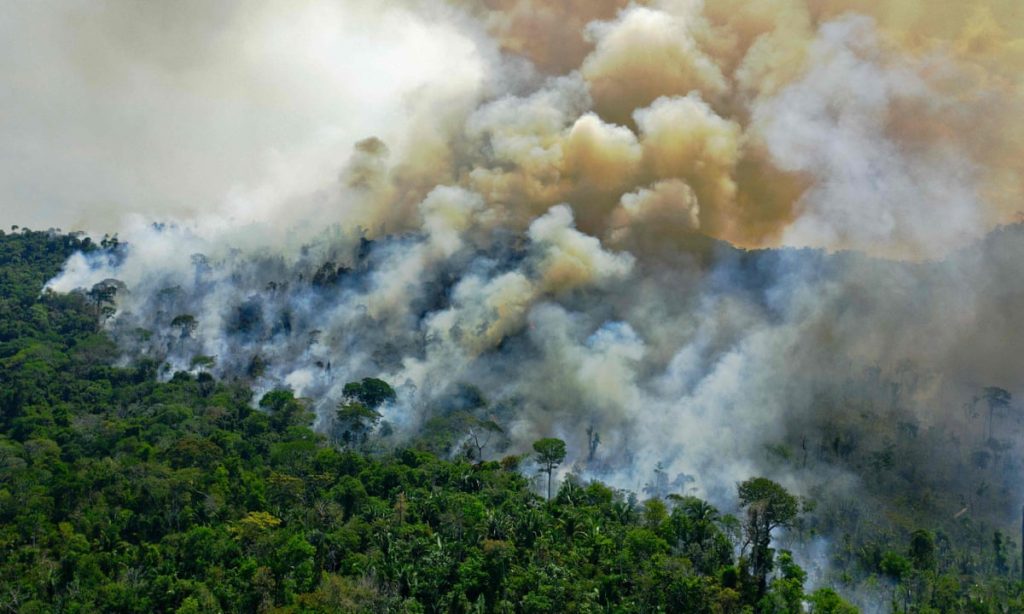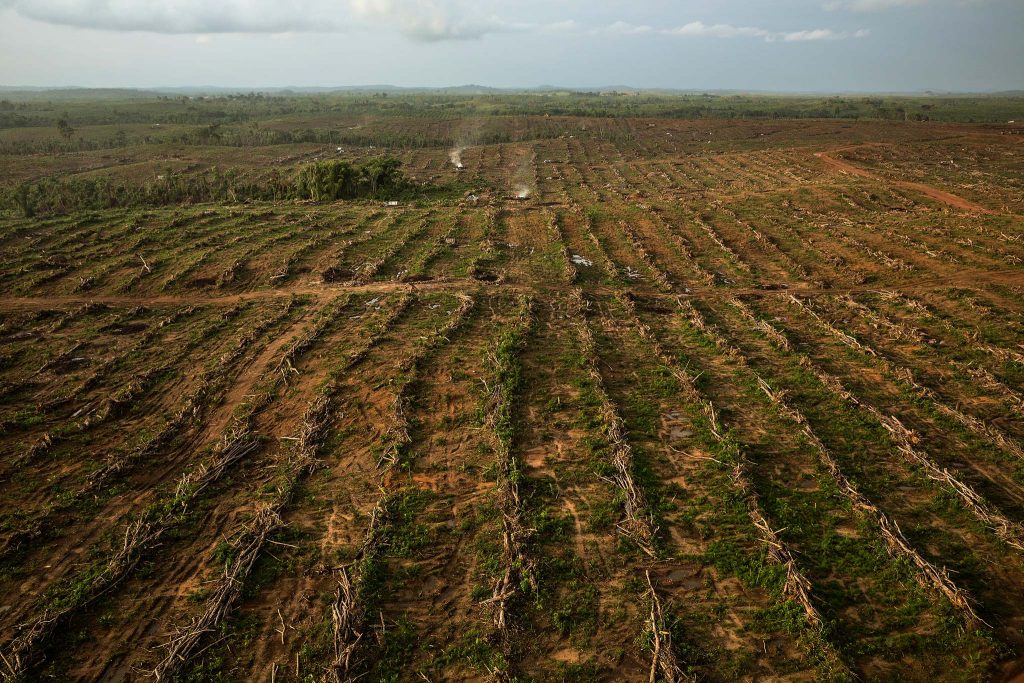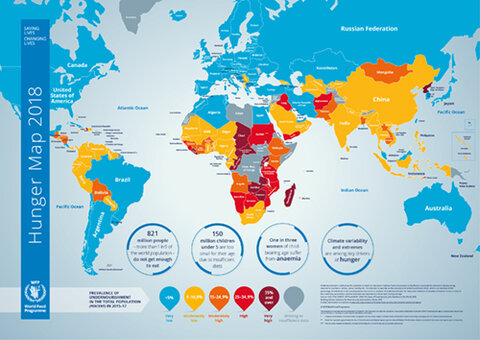The modern food system ensures provision of an enormous quantity and variety of safe, fresh foods to billions of people on a global scale. However, our current industrialized food system has in part arisen from and remains fundamentally dependent upon systemic global inequality. It will be impossible to increase agricultural production by the required 70% by 2050 if we do not make any effort to correct the expanding wealth divide between the global rich and the global poor. I believe this wealth gap can be bridged through the sharing of agricultural research.
Any loss in economic growth Western countries suffer due to expending resources on foreign agricultural assistance is well worth it. In the past, this assistance has often had a high future payoff outweighing any temporary costs: “The World Bank has documented average rates of return on investment in Africa at 35% a year, accompanied by significant reductions in poverty” (Paarlberg 2010). The application of new technologies to developing areas yields longer-lasting benefits than standard food aid because it grants farmers agency over their production instead of forcing them to compete with subsidized prices (Paarlberg 2010). Adopting practices such as planting hardier GMO seeds, installing irrigation channels, and building better roads for local farmers in developing countries assists that country in feeding its citizens, which is the first step to any future economic development. If global hunger is eliminated using the technological means we already possess, our efforts to eradicate global warming and restore ecosystems globally would be much, much more productive (Borlaug 2001)
.
Indeed, I think the best way to ensure the preservation of local ecosystems is to grant food security to developing nations. Eliminating the threat of food scarcity enables nations to focus on conservation work. This a preferable alternative to letting people starve while Western academics disparage these nations for depleting their natural resources–all while conducting conservation work that would be much more effective if it were in partnership with well-fed locals who possess traditional ecological knowledge that visitors do not.

Most of the land that is being farmed is not being farmed to its full productivity capacity: in Africa, only 4% of land is irrigated and almost none is fertilized (Paarlberg 2010). If productivity-increasing technology is not introduced, we will see massive loss of life and ecological degradation in the future as countries scramble to feed a rapidly increasing population using inefficient methods.

I am most hopeful about biotechnology as a method to boost yields while shielding crops from adverse environmental conditions brought on by climate change. Plants can now be engineered to resist drought, avoid pestilence, and produce many more calories than was possible 100 years ago—and yet, the application of this technology is limited to just a few crops grown mostly in the United States (Paarlberg 2013). I believe it is those in poverty who stand to benefit most from GMOs, especially those that may boost quality of life, such as the high beta-carotene containing “Golden Rice” (Paarlberg 2013). 70% of the food in the U.S already contains some part of a GMO crop, often in the form of byproduct (Paarlberg, 2013). In this sense we have already embraced GMOs in our food, so it is pointless to deny poorer countries access to these crops if they are capable of increasing yields, improving human health, and minimizing land and chemical use.

While there is clearly far-reaching potential for the application of existing technologies to boost land productivity in developing countries, any technology scientists develop is only as effective as the way it is implemented and the infrastructure that exists to support it. (Anonymous 2016). Unfortunately, hunger is an issue that is debilitating to human livelihood such that it stifles a country’s ability to innovate, leaving the responsibility of technological progress and application to those countries with ample resources to devote to agricultural research. I am aware that this global outcome is the direct consequence of Western imperialism and is in many ways intentional. Our interdependent food system ensures well-fed Western countries hold the resources to commit to technological pursuits, while developing countries struggle to keep the food supply stable.

The implication is not that any application of scientific research from wealthier countries is mis-guided or unnecessary; however, we must grant farmers in developing countries the freedom to decide to an extent how the technology shall be used. The best technology is that which supports and complements, as much as is possible, farmers’ empiric knowledge of the land they cultivate. Achieving this equilibrium will require strict government policies on both sides that do not place corporate profits above the livelihoods of farmers and citizen. If the goal is to solve world hunger, preserving intellectual property or reaping profits is secondary to increasing agricultural productivity.
Ultimately, the industrial food system has allowed for the development of technologies capable of reliably producing food on a large scale, but access to this technology is unequitable. Due to sociopolitical trends over the last few decades, it has not been distributed as widely as it should have, resulting in in developing countries facing hunger despite their great productive potential. Ending world hunger and mitigating the climate crisis are tandem goals, both of which can be accomplished if we strive for the equitable dispersal of agricultural technology.
References
Anonymous. (2016). Feeding the ten billion; agricultural technology. The Economist.
Borlaug, N. (2001). The Green Revolution Revisited and the Road Ahead. Nobel Foundation.
Paarlberg, R. (2010). Attention Whole Foods Shoppers. Foreign Policy.
Paarlberg, R. (2013). The World Needs Genetically Modified Foods. The Wall Street Journal.

Are GMOs still banned in Europe? What do you think about GMOs and human health?
Love this post! As increasing productivity in farming becomes more difficult in developed countries (much of the low-hanging fruit has already been picked) some other regions with less developed agricultural systems are great opportunities for growth. Biotechnology is an especially fruitful area as it can reduce costly, often imported, inputs. As Norman Borlaug and the Green Revolution showed, improving farming can save lives and improve outcomes!